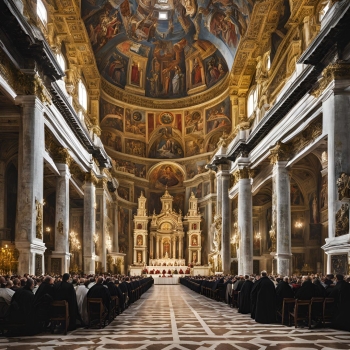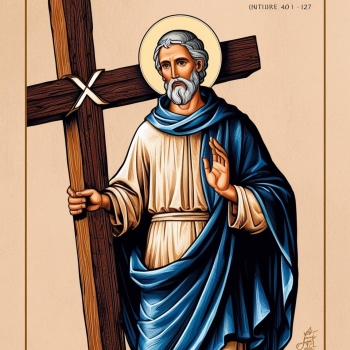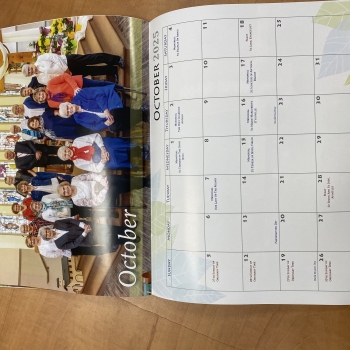The Feast of Christ the King celebrated on the last Sunday of the liturgical year, is one of the newest but also one of the most significant feasts in the Catholic Church. It was established by Pope Pius XI in 1925 through the encyclical Quas Primas as a response to the growing secularization and changing social and political conditions following World War I. Today’s world, though different in many ways, faces similar challenges, making the solemnity of Christ the King as relevant and vital as ever.
Modern society struggles with a crisis of values and identity. Moral relativism, political strife, and increasing social polarization impact both individuals and communities. Recognizing Christ as King is a reminder that at the heart of Christian life is Jesus as the source of all values and principles. It underscores that true love, justice, and truth find their origins in Him, transcending worldly divisions.
In today’s world, which grapples with power abuse and struggles for dominance in political and economic spheres, the Feast of Christ the King offers a different model of leadership—one based on service and love. Christ is not a ruler who imposes His will through force. His kingdom is a kingdom of peace, humility, and dedication. This example serves as a guiding light for believers and anyone striving to act for the common good.
Many people today experience a loss of belonging and purpose. The Feast of Christ the King helps believers renew their identity as members of a community that acknowledges Jesus as Lord and Savior. It invites them to embrace the mission of spreading His teachings in today’s world, bearing witness to His love and presence in everyday life.
This solemnity emphasizes the importance of defending the place of faith in the public sphere. Christ the King calls for professing faith not only privately but also within society. In an era where religion is often pushed to the margins, this feast becomes a call to bold witness and commitment to faith.
By celebrating the Feast of Christ the King, the Church proclaims that the world’s history is moving toward fulfillment in God’s plan. The ultimate purpose of humanity is not earthly rule but participation in God’s kingdom, where Christ reigns as King of all nations. This message of hope strengthens believers in difficult times and serves as a reminder that evil does not have the final word.
The Feast of Christ the King is a unique opportunity to renew faith and remember who is the true Ruler of our lives and the world. Contemporary challenges require a witness grounded in the Gospel and the power of Christ the King. In this sense, the feast is not merely a liturgical commemoration but a call to action in spreading His kingdom of peace and love in today’s world.







